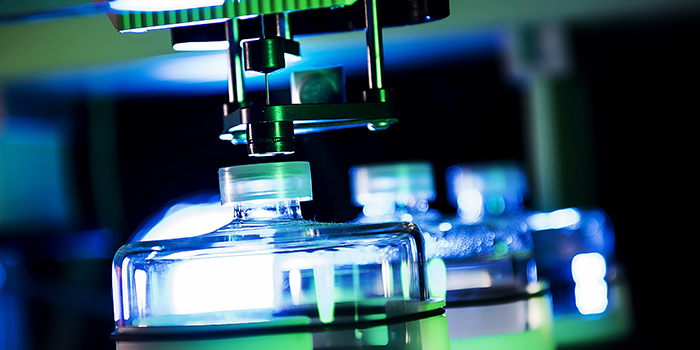Analytical Food Chemistry
The main objective of the Research group for Analytical Food Chemistry is to elucidate the occurrence, formation and fate of unwanted chemicals in our food systems. To fulfil this aim, the group develops and apply advanced analytical methodologies for the determination of trace levels of a broad range of chemical contaminants and residues.

The activities of the Research Group for Analytical Food Chemistry comprise studies aimed at documenting the occurrence of unwanted chemical compounds in our food systems; understanding how food processing affects the composition and fate of the chemicals; studies related to the safe use of novel sustainable bioresources (e.g. seaweed) and sidestreams in food applications; and studies on the gastrointestinal fate of the chemicals upon dietary exposure. The knowledge generated contributes to documenting food safety and quality, developing solutions for future food control, and discovering and mitigating chemical risks throughout the food production chain.
Approaches and methods
- Development and application of advanced, validated methods for chemical contaminants and residues at trace levels in our food systems.
- Studies linking food processing conditions to the formation and fate of unwanted chemicals in foods.
- Contributions to risk and quality assessment of novel raw materials and side streams (e.g. seaweed and other sustainable bioresources).
- High-end analytical infrastructure: modern mass spectrometric platform consisting of LC-MS, GC-MS and ICP-MS equipment with a total of 20+ mass spectrometers. Methods are accredited by DANAK according to ISO/IEC 17025 (testing) and ISO 17043 (proficiency testing/PT) for approx. 40 methods and >1,000 parameters.
Collaborations and impact
The group leads three EU Reference Laboratories (EURLs). In this role, the group supports the development of harmonised chemical food safety analysis across the EU and paves the way for future food control. The position as EURL places put the group at the centre of a large network of national reference laboratories (NRLs) in EU and the knowledge is used to provide technical and scientific advice to the EU Commission on questions related to chemical food safety.
- EURL-CF: European Union Reference Laboratory for Pesticide Residues in Cereals and Feedingstuffs.
- EURL-PC: European Union Reference Laboratory for Processing Contaminants.
- EURL-MN: European Union Reference Laboratory for Metals and Nitrogenous Compounds in Feed and Food.
The group furthermore collaborates with a broad range of national and international academic partners in research projects, where it contributes with knowledge on chemical food safety and quality and use of advanced analytical chemistry solutions to study occurrence and fate of unwanted chemicals.
The knowledge generated is disseminated in research publications and presentations, as science-based advice, through the European Union reference laboratory platforms as well as to the national food authorities.
Contact
Jens Jørgen Sloth Professor, Head of Research Group Mobile: +45 29461280 jjsl@food.dtu.dk